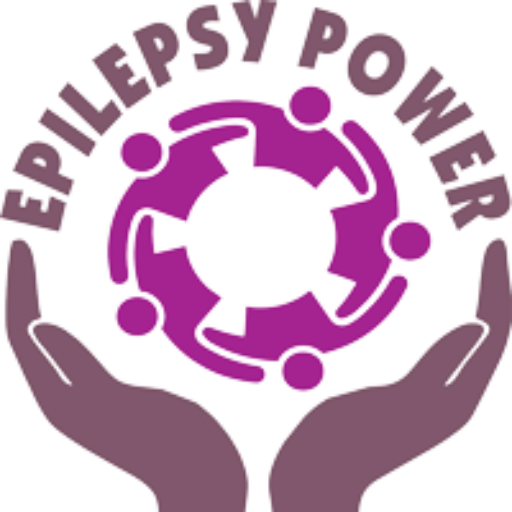- Introduction
- Section 1: Obstacles to better professional integration for people with disabilities, particularly epilepsy
- Section 2: The international legal framework
- Section 3: The european legal framework
- Section 4: Equal opportunity rights in Italy
- Section 5: Equal opportunity rights in Bulgaria
- Section 6: Equal opportunity rights in Ireland
- Section 7: Equal opportunity rights in Germany
- Section 8: Equal opportunity rights in France
- Section 9: Summary of key points concerning legislation to promote the professional integration of disabled people in Italy, Bulgaria, Ireland, Germany and France.
- Concluding remarks
- Quiz
Testimony from François :
In my opinion, the hardest thing is that we are judged in the same way as everyone else because, apart from the actual seizures, nothing distinguishes us from our colleagues. But our medication handicaps us (concentration, memory, alertness, character, etc.), and our seizures are tiring and even exhausting. In my case, you can’t ‘see’ the seizures (they’re visible on the electroencephalogram), so when I say, ‘Oh dear, I’m having a seizure’, people don’t really believe me. When some of my medication was increased, I had all the symptoms of a drunk as soon as I arrived in the morning, my closest colleagues understood but the others didn’t[1]
[1] Carenity. (s. d.-c). Epilepsie et monde du travail. Forum Epilepsie. https://www.carenity.com/forum/epilepsie/lepilepsie-au-quotidien/epilepsie-et-monde-du-travail-8695
Stigmatization and prejudice: people with epilepsy often face prejudice and stigmatization due to a lack of awareness of their condition. These prejudices can have a negative influence on hiring decisions and professional relationships. Employers may fear having to deal with epileptic seizures in the workplace, and the associated responsibilities and legal consequences.
Access to education and training: people with epilepsy may not receive the necessary support during their schooling, which limits their opportunities to access appropriate training and skilled jobs. Similarly, there are also barriers to accessing further training and lifelong learning. Obstacles that can limit the ability of people with epilepsy to adapt to changes in the job market.
Lack of state support and incentives for employers: there may be a lack of specific programs such as specialized placement services or employment counselors to help people with disabilities, including those with epilepsy, find and keep jobs. Financial or other incentives to encourage employers to hire people with disabilities are sometimes insufficient or not well known.
Accessibility and reasonable accommodation: many workplaces are not adapted to the specific needs of people with epilepsy, such as the absence of quiet areas or the need for non-fluorescent lighting to prevent seizures. Employers may be reluctant to hire people with disabilities because of the perceived or actual costs of the necessary accommodations, although subsidies and aids are often available.
Unsuitable technologies: Tools and technologies used in the workplace may not be accessible to people with epilepsy, such as software with animations or flashing lights that can trigger seizures. In addition, employers and colleagues may lack training in the use of assistive technologies necessary for people with epilepsy.
Reflective exercises :
- Are there any other obstacles you’ve identified?
- Which of these obstacles have you identified in your organization? What could you do about them?
Legislation that may be insufficient or policy implementation that fails to deliver the expected results: although legislative frameworks exist at European and national level, their implementation varies considerably from one country to another, leading to inequalities in finding work. In some cases, laws do not sufficiently cover all aspects necessary for the full inclusion of people with disabilities, particularly in terms of reasonable accommodation and protection against indirect discrimination.
A number of texts have been drawn up to guide national policies in order to overcome these obstacles and promote equal opportunities and professional integration for people with disabilities, including those with epilepsy.
We will now present them, covering the international and European legal framework, followed by Italy, Bulgaria, Ireland, Germany and France.
